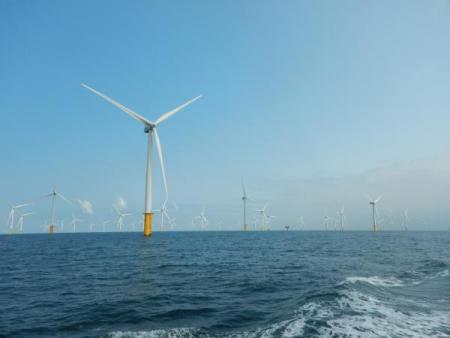
Area characterisation:
The case study area is determined as the “Greater North Sea” according to the Marine Strategy Framework Directive (MSFD) the main marine policy framework. This area is identical to the ICES ecoregion and based on the Large Marine Ecosystem (LME) concept.
The North Sea is one of the busiest seas with many (often growing or newly emerging) sectors laying a claim to a limited amount of space. The need for Integrated Assessments (IA), Marine Spatial Planning (MSP) and Ecosystem-based Management (EBM) is therefore rapidly increasing and an adequate scientific knowledge base is becoming a key requirement for more informed decision-making.
Objective:
The AQUACROSSCase Study aims to improve the knowledge base available to stakeholders to enable a more informed decision-making process toward the achievement of the Biodiversity Strategy targets, including the provisioning of ecosystem services. This includes several existing European marine policy frameworks: Habitats and Birds Directives, MSFD, CFP & IMP.
Financing:
AQUACROSS has received funding from the European Union’s Horizon 2020 Programme for Research, Technological Development and Demonstration under Grant Agreement no. 642317.
Potential impacts/benefits:
The case study focuses on fisheries because it is a significant threat to biodiversity and the emerging activity of renewable energy. Both activities also put a large claim on the limited amount of space available for conservation purposes, i.e. through marine protected areas, thereby compromising the achievement of the Biodiversity Strategy targets and related policy objectives.
Actions:
In collaboration with stakeholders:
- we assessed the current state of the North Sea ecosystem using a risk-based approach and the AQUACROSS linkage framework;
- to provide further guidance to decision-makers, we developed an integrated risk-based approach that linked the impacts on biodiversity to the supply of ecosystem services;
- we identified a number of likely ecosystem-based management measures for the North Sea;
- we evaluated the effectiveness of these EBM measures to contribute to the conservation of biodiversity, i.e. achievement of the “healthy marine ecosystem” societal goal, while also considering potential management initiatives toward achieving other societal goals, i.e. a “sustainable food supply” and “clean energy”.
Transferability of result:
This project is a Case Study under the Horizon 2020 project AQUACROSS, which builds on work undertaken in the previous pillars to develop concepts, practices and tools for better implementation of Ecosystem Based Management. This includes identifying and understanding the linkages between aquatic ecosystems and human well-being and identifying innovative management responses for aquatic ecosystems.
Lessons learnt:
As part of the Horizon 2020 AQUACROSS project, this Case Study illustrates a first attempt to provide a more integrated, ecosystem-based approach that considers diverse societal goals, includes several sectors, and considers their impacts on the ecosystem and all relevant components. A risk assessment was applied to assess the effectiveness of a suite of management measures.
Organisations:
Lead partner organisation: Wageningen Marine Research (WMR) of Stichting Dienst Landbouwkundig Onderzoek.
Cooperating partner: Rijkswaterstaat (RWS).
RWS is a part of the Dutch Ministry of Infrastructure and the Environment and is responsible for major water and other infrastructure, as well as environmental objectives including maintaining the ecological integrity of major lakes, rivers, estuaries, and coastal areas of the Netherlands.
Contacts:
For further information about the project: aquacross@ecologic.eu
Case Study contact: Gerjan Piet | Wageningen University & Research | gerjan.piet@wur.nl
Publications and reports:
| Find out more about Case Study One: |
|---|
| - Case Study Report |
| - Case Study Poster |
| - Executive Summary |
| - Case Study Report Annexes |
| - Case Study data and information on the AQUACROSS Information Portal |